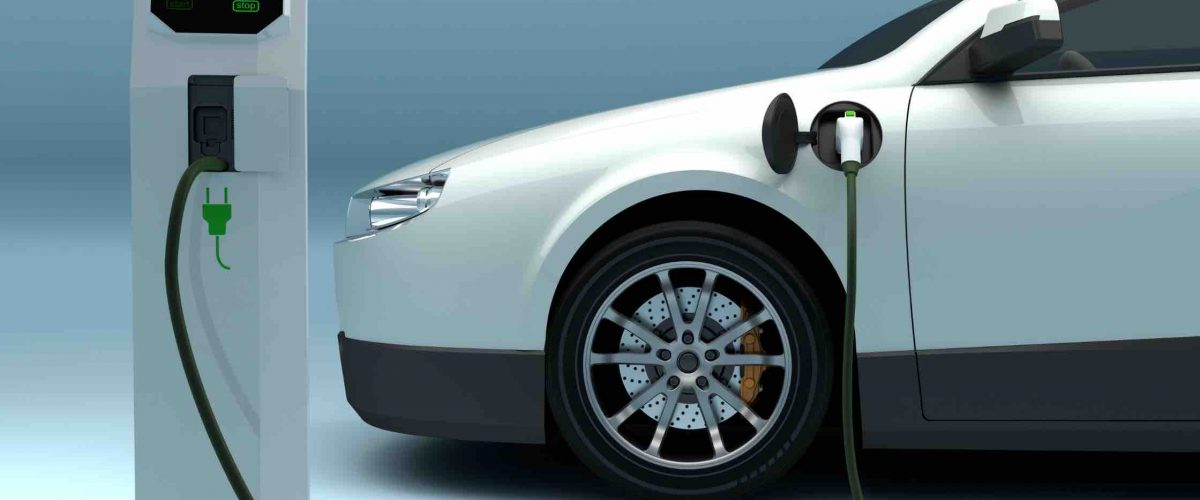The transportation sector is one of the largest consumers of petroleum products globally. For decades, gasoline and diesel have powered cars, trucks, buses, and ships, making petroleum a cornerstone of the modern economy. However, the rise of electric vehicles (EVs) is disrupting this long-standing trend. As more consumers, businesses, and governments embrace the shift toward clean, sustainable transportation, the demand for petroleum products is undergoing a significant transformation.
In this blog, we’ll explore how electric vehicles are changing the demand for petroleum products and what this means for the global energy market, the oil industry, and the environment.
The Shift Toward Electric Vehicles
Electric vehicles are becoming increasingly popular due to their environmental benefits, cost-effectiveness, and advancements in technology. EVs produce zero tailpipe emissions, which makes them a cleaner alternative to traditional gasoline and diesel-powered vehicles. The growing concern about climate change, combined with government policies and incentives aimed at reducing carbon emissions, is driving the widespread adoption of electric vehicles worldwide.
In 2021, global sales of electric cars surpassed 6.6 million, and the numbers are expected to grow exponentially in the coming decades. Countries like Norway, China, and the United States are leading the way in EV adoption, with automakers across the globe setting ambitious targets to transition their fleets to electric.
But how does this shift impact the demand for petroleum products, specifically gasoline and diesel?
A Decline in Gasoline and Diesel Consumption
The most direct impact of the growing popularity of electric vehicles is a decrease in the demand for gasoline and diesel. Since electric vehicles don’t require petroleum-based fuels, each EV that replaces a traditional internal combustion engine (ICE) vehicle represents one less car on the road consuming petroleum.
Several factors contribute to this shift in demand:
-
EV Market Growth: As more EVs are sold, the number of gasoline and diesel-powered vehicles on the road declines. In countries like the United States, the United Kingdom, and Germany, the electric vehicle market share is steadily increasing, leading to a reduction in overall fuel consumption.
-
Longer Lifespans of EVs: EVs also tend to have longer lifespans and fewer moving parts than traditional vehicles. This means that once an EV is on the road, it remains in use for longer periods, further reducing the overall demand for petroleum products.
-
Energy Efficiency: EVs are more energy-efficient than traditional vehicles. A typical electric motor converts about 85-90% of the energy from the battery into movement, while gasoline engines only convert about 20-30% of the energy in fuel into usable power. This increased efficiency means that, even with higher electricity demand for charging, the overall energy consumption per mile driven is lower.
-
Policy and Regulation: Governments around the world are setting policies that encourage the adoption of EVs, including incentives like tax credits, rebates, and subsidies for EV buyers, as well as stricter emissions standards for new vehicles. This is accelerating the move away from gasoline and diesel-powered vehicles.
The Ripple Effect on Oil Demand
While the demand for petroleum-based fuels like gasoline and diesel is decreasing due to the rise of electric vehicles, the broader impact on oil demand is multifaceted. The transportation sector is one of the largest consumers of petroleum products, but it is not the only one. Crude oil is used in a variety of industries, from manufacturing plastics to heating homes, and the overall demand for oil is influenced by many factors, including geopolitical events, economic growth, and technological innovations.
However, as EV adoption continues to rise, the demand for oil will likely experience a shift. Some key points to consider include:
-
Refining and Oil Demand: While EVs reduce gasoline and diesel consumption, oil refineries still produce other petroleum products such as jet fuel, petrochemicals, and lubricants. These products will continue to be in demand, though their share of overall petroleum consumption may change over time.
-
Impact on Global Oil Markets: The global oil market is interconnected, and shifts in demand from major consumers like the United States and China could have significant implications for oil prices. As EVs reduce the demand for oil in the transportation sector, oil producers may need to adjust their production levels and pricing strategies to compensate for decreased consumption.
-
Oil Dependency in Emerging Markets: While the adoption of EVs is growing in developed countries, emerging markets may not see the same level of change in the near term. Many developing nations are still heavily reliant on petroleum products for transportation, and it may take years or decades before EV adoption becomes widespread. As a result, the global demand for petroleum products will remain diverse for the time being.
-
Renewable Energy and Electricity Demand: As the number of electric vehicles increases, so too does the demand for electricity. In many cases, this electricity will need to come from renewable sources like solar, wind, or hydropower to ensure that the overall environmental impact is reduced. This shift in energy demand could change the energy landscape, potentially displacing petroleum-based fuels with cleaner electricity sources.
The Environmental and Economic Impact
The environmental benefits of electric vehicles in terms of reducing greenhouse gas emissions and improving air quality are well-documented. EVs can help reduce the overall carbon footprint of the transportation sector, which is one of the largest contributors to global emissions. This, in turn, will contribute to efforts to combat climate change and meet international climate targets.
From an economic perspective, the decline in demand for petroleum products presents both opportunities and challenges:
-
Energy Transition: The shift away from petroleum-based fuels will open up opportunities for renewable energy companies, electric utilities, and battery manufacturers. As the demand for electricity increases and oil consumption decreases, investment in clean energy infrastructure will become critical.
-
Oil Industry Disruption: On the flip side, the oil industry faces potential disruption as electric vehicles become more widespread. As demand for petroleum products declines, oil producers and refiners will need to adapt, potentially shifting their focus to alternative fuels or investing in carbon capture technologies.
-
Job Creation: The rise of electric vehicles may also create new job opportunities in the electric vehicle supply chain, including battery production, EV manufacturing, and charging infrastructure development.
Electric vehicles are undeniably reshaping the global transportation landscape and, in doing so, transforming the demand for petroleum products. The shift from gasoline and diesel-powered vehicles to electric alternatives is leading to a decline in the consumption of petroleum, particularly in the transportation sector. While the decline in demand for gasoline and diesel is significant, the overall impact on the oil market will depend on a variety of factors, including the pace of EV adoption, energy policy, and the transition to renewable electricity sources.
As the world moves toward a cleaner, more sustainable energy future, the rise of electric vehicles will play a pivotal role in reducing reliance on petroleum, lowering emissions, and driving economic growth in green industries. However, it is important to recognize that this shift is just one piece of the larger puzzle in the global energy transition, and continued investment in renewable energy, infrastructure, and technology is essential to achieving long-term sustainability.
Read more on Sparkview Energy:
Electric Vehicles and the Future of Oil Demand
Natural Gas Vehicles (NGVs): A Cleaner Alternative for Transportation


